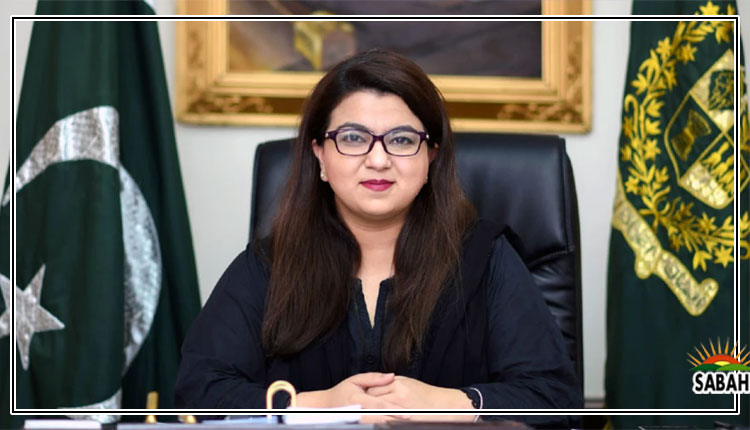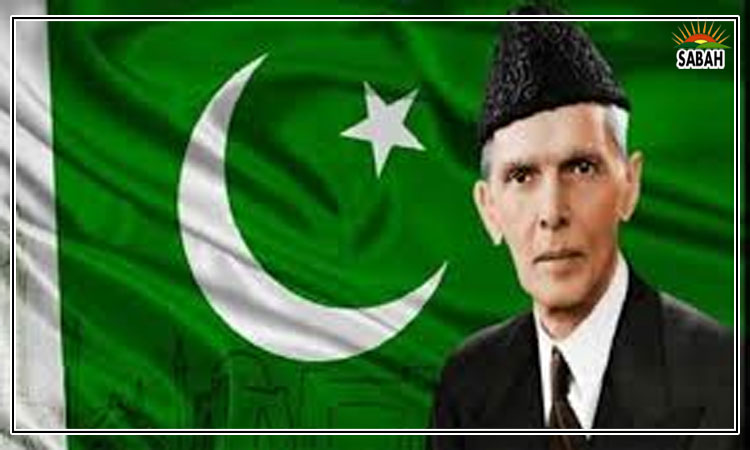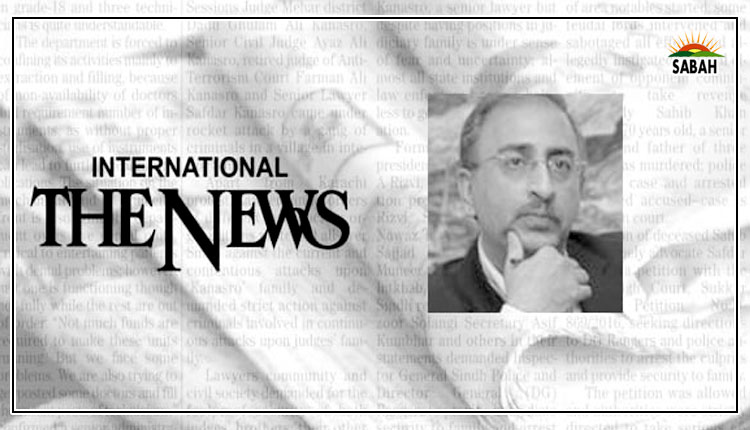Capital suggestion: IMF saga…Dr Farrukh Saleem
The IMF, often referred to as the ‘global lender of last resort’, can be likened to a hospitals emergency ward. Established in 1944 and commencing operations on December 27, 1945 with 29 founding members, the IMF has now expanded its membership to include 190 countries, boasting a substantial financing capacity of approximately $700 billion. Pakistan, a member since 1950, has sought the IMFs assistance on 24 occasions within a span of 73 years. This means that, on average, Pakistan finds itself in the ’emergency ward’ every three years since joining. This situation prompts one to recall Albert Einsteins definition of insanity: repeating the same actions while expecting different outcomes.
Prime Minister Shehbaz Sharifs proactive engagement, including three phone calls and three meetings with Ms Kristalina Georgieva, along with the crucial support of the United States Department of the Treasurys 831,401 votes and the strategic military diplomacy of the GHQ, successfully averted a looming and potentially catastrophic default.
The IMF Executive Board has approved a nine-month Stand-By Arrangement (SBA) for an amount of $3 billion or 111 per cent of Pakistans quota to support the authorities economic stabilization programme. This is a conditional loan that has to be repaid along with interest. Remember, the previous 23 arrangements were also to support the authorities economic stabilization programme all failed.
Red alert: no government can afford to ignore the urgent and formidable challenge that lies ahead: stabilizing Pakistans economy, a task that has eluded its predecessors for an exasperating seven decades. Unless a radical departure is made from the failed patterns of the past 23 arrangements, the upcoming government is doomed to repeat their mistakes and inevitably fail. It is high time the ruling elite abandoned their empty rhetoric and adopt a proactive strategy that centers on four pivotal actions: forging a robust political consensus, recruiting top-notch expertise, fortifying economic institutions, and embracing a decisive evidence-based approach to decision making. It cannot be business as usual-no more. Failure to do so will only perpetuate Pakistans economic woes and prolong the suffering of its citizens.
First and foremost, political consensus is crucial in order to implement effective economic policies. The ruling elite would have to transcend partisan interests and work together with all stakeholders to create a unified front for economic reform. This requires setting aside short-term political gains and focusing on the long-term well-being of the nation.
To be certain, the government lacks the necessary expertise to fulfill the requirements set by the IMF. Therefore, it is crucial for the government to tap into the pool of skilled professionals, both domestically and internationally. By doing so, the government can effectively leverage this expertise and foster an environment that promotes innovation. Such measures are imperative, as there is no alternative solution in sight.
Lastly, evidence-based decision-making is crucial to avoid repeating past mistakes. Policies and reforms should be grounded in rigorous research and analysis, taking into account both local and global economic trends.
In a damning finale, Pakistans continued reliance on the IMF lays bare the governments ineptitude in addressing the root causes of economic instability. The approval of yet another conditional loan underscores the ruling elites myopic vision and inability to escape the vicious cycle of financial turmoil. Urgent and resolute steps are imperative to stabilize Pakistans economy. Delaying action will only extend the nations dire economic struggles and the suffering of its people. This critical juncture demands swift, decisive measures to avoid a grave disservice to the nation and its citizens.
Courtesy The News












